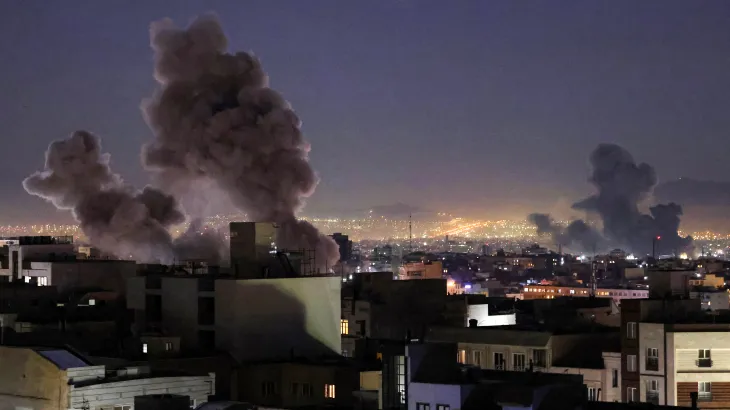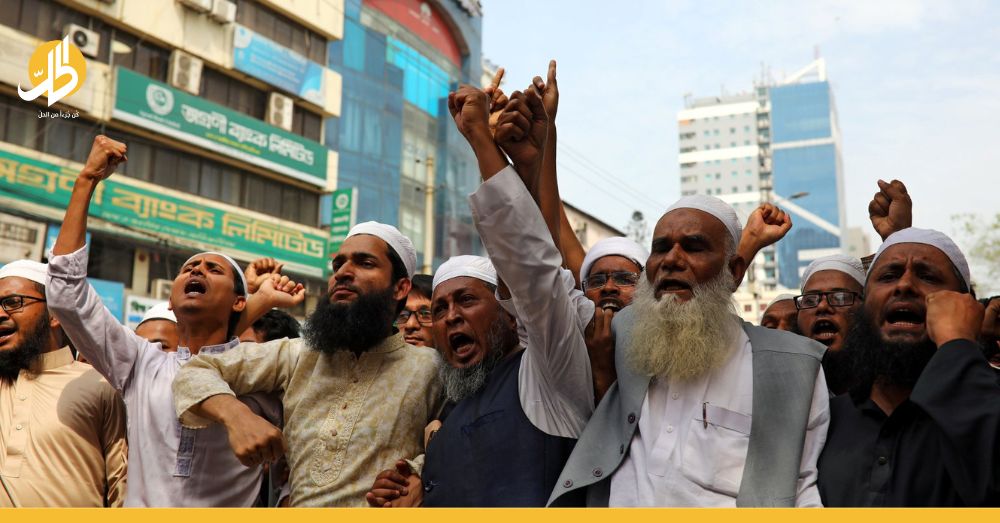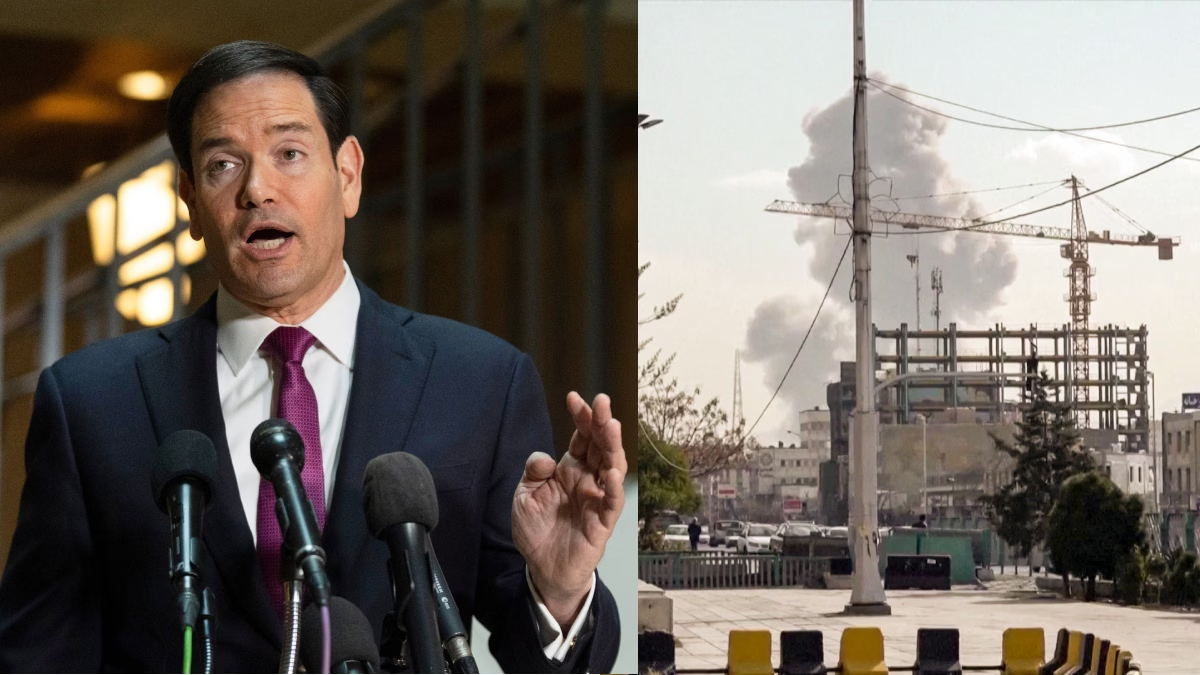
The world is witnessing a renewed push for a global agreement on fighting future pandemics. After missing an initial deadline, 194 member states of the World Health Organization (WHO) are back at the negotiating table in Geneva for a crucial round of talks.
A slimmed-down draft text aims to bridge differences, but key issues remain.
While most nations acknowledge this revised draft as a step forward, discussions surrounding the 37 articles are ongoing.
Time pressure is a major concern, as negotiators strive to finalize the agreement before the WHO’s annual assembly in late May.
The urgency stems from the devastating impact of COVID-19.
The pandemic’s economic and health consequences have spurred a global commitment to prevent similar disasters. However, disagreements persist, particularly regarding access and equity.
Crucial points of contention include sharing of pathogens identified within countries, access to life-saving tools like vaccines developed from this knowledge, and equitable distribution of not just treatments and tests but also the capacity to produce them.
The current draft prioritizes establishing a basic framework while postponing complex details, like the operational specifics of the WHO’s planned Pathogen Access and Benefit-Sharing (PABS) System, for further discussions in 2026.
The success of these talks will depend on navigating these complexities within a tight timeframe. The world is watching as countries attempt to forge a united front against future pandemics.




